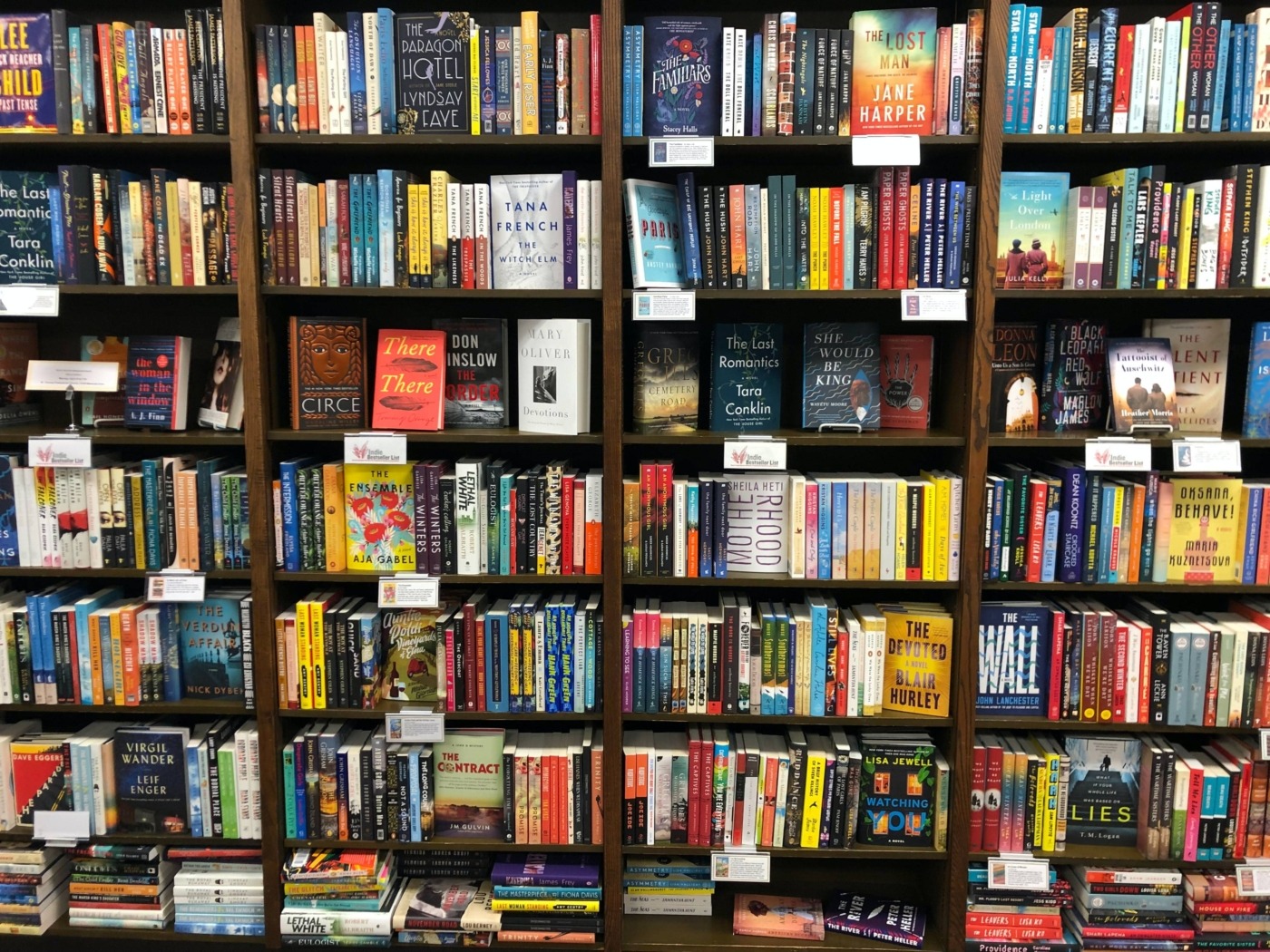The proposed Penguin takeover of Simon & Schuster is bad news for all
The German media group Bertelsmann, the owner of Penguin Random House (PRH), which is already a merger of Penguin Group and Random House from 2013, has been making a $2.17 billion takeover bid of Simon & Schuster for a few months. Now the Competition and Markets Authority (CMA) has launched an investigation into this takeover, and for good reason.
Previously, I have complained about the power of big publishing houses regarding online content and it appears that fate desires more of this. The deal would entrench PRH as the biggest of the ‘big five’ publishing houses, already being the largest as a result of the 2013 merger between Penguin Group and Random House. This would not be a lessening of competition; it would be taking a not-at-all crowded field and making it even smaller, concentrating power and money into even fewer hands.
For publishers not in the big boys’ cartel, this will make their viability even more precarious
Bertelsmann won the bidding war, outbidding News Corp., who own HarperCollins. News Corp.’s chief executive, Robert Thomson, said the deal would create a “behemoth of books”. This comes from a sense of loser’s anger and victimhood, but the message is still important and true, nonetheless. Monopolies are usually, but not inherently, bad. Some industries require them to work effectively. But the book publishing industry is not one of those industries: in reality we need greater choice, freedom, and decentralisation. This deal does the opposite, condensing a cartel into an even smaller one. The takeover would entrench the problem of the cartel-like world of high publishing and make it worse, with even less room for manoeuvre.
This is bad for authors trying to break into the sector, trying to eek out a good deal, and make it even more enticing, but harder, to self-publish. For publishers not in the big boys’ cartel, this will make their viability even more precarious. As readers and consumers, we may not notice the change, and many won’t care in the slightest, yet we should, as any current problems would only get worse. Don’t even ponder what this could do to eBook and academic text prices – it could spell even more pain on the horizon.
This merger itself is just a symptom of the wider problem and stopping it would not really cause much to change
I desire the complete opposite of what is happening: the breakup of major publishers into a more decentralised structure where they cannot band together to always get their way. It would mean an industry with easier entry and a more vibrant reality. It is therefore annoying that the major competitor to these publishing houses is Amazon, where Jeff Bezos is his own demon, a company who cannot be trusted with power, yet we keep giving them more. They make life hard for authors trying to scrape a living, they make it even harder for people publishing through them and are on a nonstop path of destruction in their efforts to secure their dominance. No one wins from either Amazon or the publishing houses winning. In my opinion, ideally they would both lose, but the laws of power and finance make this impossible.
This merger itself is just a symptom of the wider problem and stopping it would not really cause much to change. We live in a world where major publishing houses run riot over their sector and control the flow through the industry, trying to crowd out anything they do not like and just making being an author, or reader, more painful. Not only would it create a large concentration of power, hoovering up prime book rights, new and old, but places control of extensive book catalogues into fewer and fewer hands. The big five of publishing would become four, and we cannot be sure that it won’t shrink to three and then two. This concentration has already forced out many smaller options and will only make it harder for anyone new to enter.
This may just be me being a history student, but it is nice to see in older texts (say, pre-1900) a vast array of publishers, often family named. We have lost much over the years, the character and charm, and have been left with hulking corporate monstrosities which now feel like they can try to dictate what can or cannot be published for public consumption – even if such attempts usually fail. Now big publishers use their dominance to entrench themselves and hide this reality by using a multitude of imprints and secondary names to confuse the public. We need a revolution in publishing, but this is but a pipedream. The decentralisation of the internet is one avenue, but with this under pressure from corporations and governments, it may be a long time till we glimpse truly free and open publishing.

Comments